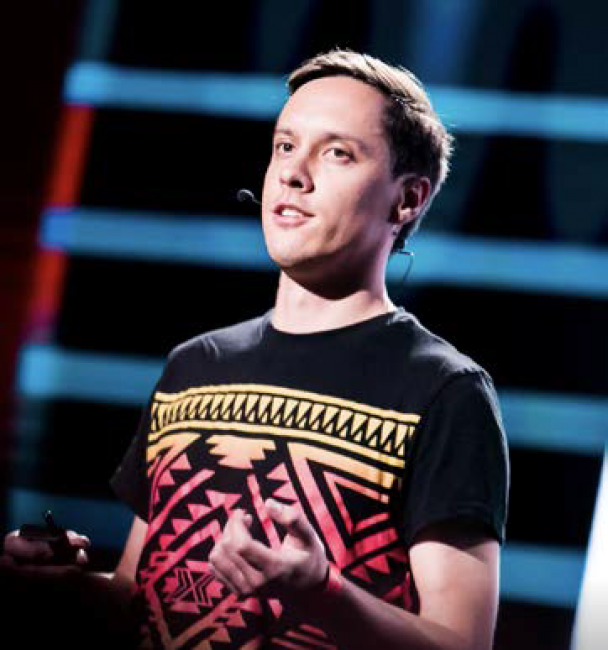SIMON DE LA ROUVIERE
“Inventing the Future.”
When Simon de la Rouviere started in crypto, he had a good idea of where it was heading. “I seemed to be able to make accurate predictions about where it would go technologically and culturally, even years in advance. I was able to figure that out correctly.”

However, today, Simon does not have the same level of confidence in his ability to predict the future. Nevertheless, he approaches it with a genuine sense of excitement. In his own words, “Lately, I feel like I’ve arrived at a place where I genuinely don’t know what’s going to happen in the future. And in its own way, that brings a sense of excitement.”
Simon has been involved in the crypto scene for quite some time, having first discovered Bitcoin in 2011 while living in South Africa, where strict monetary exchange controls made it difficult to sell his games. Bitcoin offered him a way to do so.

Simon’s interest in crypto soon moved into the sphere of intellectual property and royalties, where he focused on standards and infrastructure development. As early as 2015, he was part of the first royalty payments prototypes in the music industry.
In 2019, Simon self-published a novel while keeping his eye on NFTs. He then found a way to merge both and support the creative industry at the same time. His Untitled Frontier business publishes short science fiction stories that are free to read and uses NFTs as a form of digital merchandise.
At the end of 2020, he created an NFT collection from his own book to show authors that there were alternatives to traditional publishers. This followed a similar move in the music world in 2018 when he created “patronage badges” that came with the purchase of a piece of music as proof of support for the musician.
Simon’s primary concern now is fair trade, for which he invented the token bonding curve, as well as fair remuneration for creatives, for whom he conceptualized “This Artwork is Always on Sale,” an art project focused on how much and how we pay artists.

“I’m always looking at how to monetize communities or social capital so that people can build support networks with local groups,” he says. His insistence on ethical practices and people doing their due diligence is an integral part of his own business practices.
Whatever the future holds, Simon is sure to be at the forefront of regulatory initiatives.

